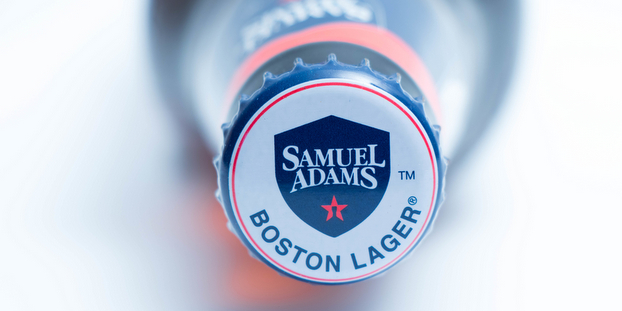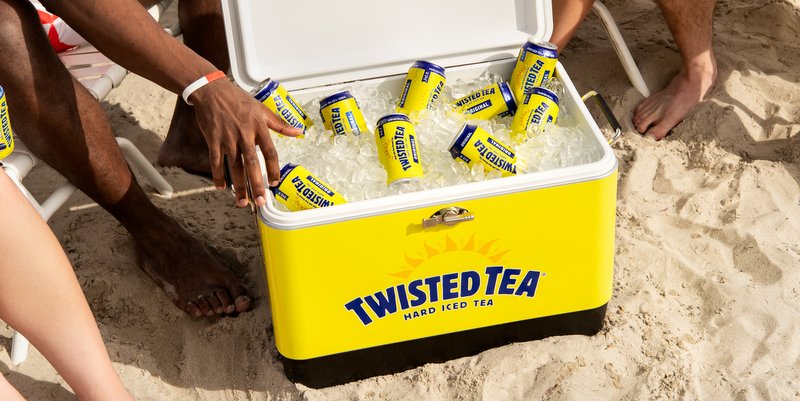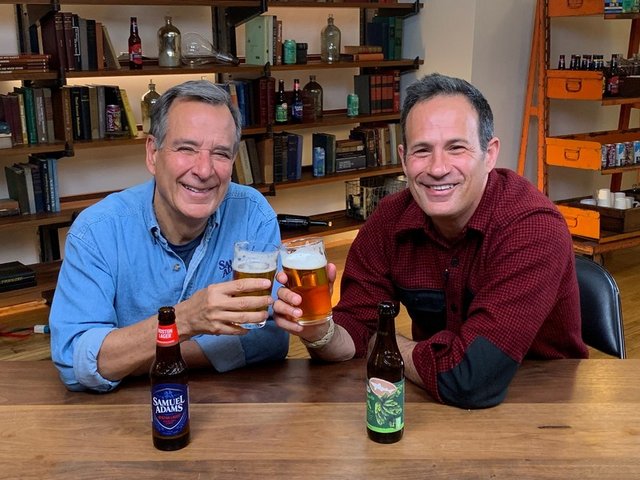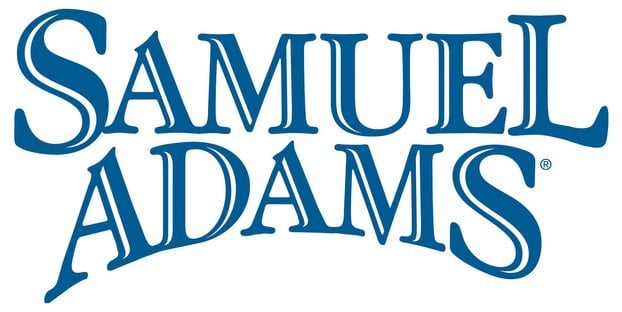
Boston Beer Co. had another great quarter, according to its Q3 2019 earnings report. This quarter saw the first consolidated financial results since completing the Dogfish Head Brewery acquisition. The results are promising: net revenue of $378.5 million, an increase of $71.6 million or 23.3 percent from the third quarter of 2018, mainly due to an increase in shipments of 19.1 percent.
This is the company’s sixth consecutive quarter of double-digit growth. Koch attributed the depletions growth to innovations, quality and strong brands, as well as sales execution and support from distributors.
“We completed our merger with Dogfish Head on July 3 and are making good progress on the integration,” noted Jim Koch, chairman and founder of Boston Beer. “In our first quarter as a combined company we reported depletions growth of 30 percent, of which 24 percent is from historic Boston Beer brands and 6 percent is from the addition of Dogfish Head brands following the closing.”
Reported depletions increased 30 and 21 percent from the 13 and 39 week comparable periods in the prior year. Excluding the addition of the Dogfish Head brands beginning July 3, 2019, depletions increased 24 and 19 percent, respectively.
“Our depletions growth in the third quarter was the result of increases in our Truly Hard Seltzer and Twisted Tea brands and the addition of the Dogfish Head brands, partly offset by decreases in our Samuel Adams and Angry Orchard brands,” stated Dave Burwick, president and CEO of Boston Beer. “Truly continues to generate triple-digit volume growth. Truly Draft launched nationally during the quarter and continued to expand package distribution across all channels. In early 2020, the company will launch Truly Hard Seltzer Lemonade in both a variety 12-pack and single-serve sizes.”
Operations challenge
“While we are generally pleased with our overall performance, our accelerated depletions growth has been challenging operationally and we have been operating at capacity for many months,” Burwick said.
To help relieve some capacity pressures and support its projected 2020 volume growth, Burwick said they are adding a can line to Boston Beer’s Pennsylvania brewery that they expect will begin production by the end of the year. They have also significantly increased their available sleek can capacity at third-party breweries.
“We are also accelerating other capacity and efficiency improvements at our breweries, which is reflected in our capital spend expectations for 2020,” Burwick said. “We will continue to invest to increase capacity as appropriate to meet the needs of our business and take full advantage of the fast-growing hard seltzer category.
“However, the increased usage of third-party breweries and an increasing percentage of variety packs in the company’s overall product mix come at a higher incremental cost. As a result, our gross margins and gross margin expectations will be negatively impacted until the volume growth stabilizes. While we are in a very competitive business, we are optimistic for continued growth of our current brand portfolio and innovations and we remain prepared to forsake short-term earnings as we invest to sustain long-term profitable growth, in line with the opportunities that we see.”
Gross margin at 49.6 percent decreased from the 51.2 percent margin realized in the third quarter of 2018, primarily as a result of higher processing costs due to increased production at third-party breweries and higher temporary labor requirements at company-owned breweries to support increased variety pack volumes, partially offset by price increases and cost saving initiatives at company-owned breweries.
Boston Beer believes distributor inventory as of September 28, 2019, averaged approximately three weeks on hand and was at an appropriate level, based on supply chain capacity constraints and inventory requirements to support the forecasted growth. The company also expects wholesaler inventory levels in terms of weeks on hand to remain between two and four weeks for the remainder of the year.
2019 estimates
Boston Beer currently projects full year 2019 earnings per diluted share to be between $8.70 and $9.30. This projection excludes the impact of ASU 2016-09. The company’s actual 2019 earnings per share could vary significantly from the current projection. Underlying the company’s current 2019 projection are the following full-year estimates and targets:
Full year 2019 shipments and depletions growth including the addition of the Dogfish Head brands beginning July 3, 2019, is now estimated to be between 19 and 22 percent, a narrowing up from the previously communicated estimate of between 17 and 22 percent. Excluding the addition of the Dogfish Head brands beginning July 3, 2019, full year 2019 shipments and depletions growth is now estimated to be between 15 and 18 percent, a narrowing up from the previously communicated estimate of between 13 and 18 percent.
2020 plans and outlook
“We plan to continue to invest to improve Samuel Adams trends and remain focused on the longer-term goal of returning the brand to growth,” Koch said. “We remain positive about the future of craft beer and are happy that the strength of our diverse brand portfolio continues to fuel double-digit growth. We are confident in our ability to innovate and build strong brands, and we are exploring new styles to launch in 2020 that would complement our current portfolio and help support our mission of long-term profitable growth.”





Leave a Reply
You must be logged in to post a comment.